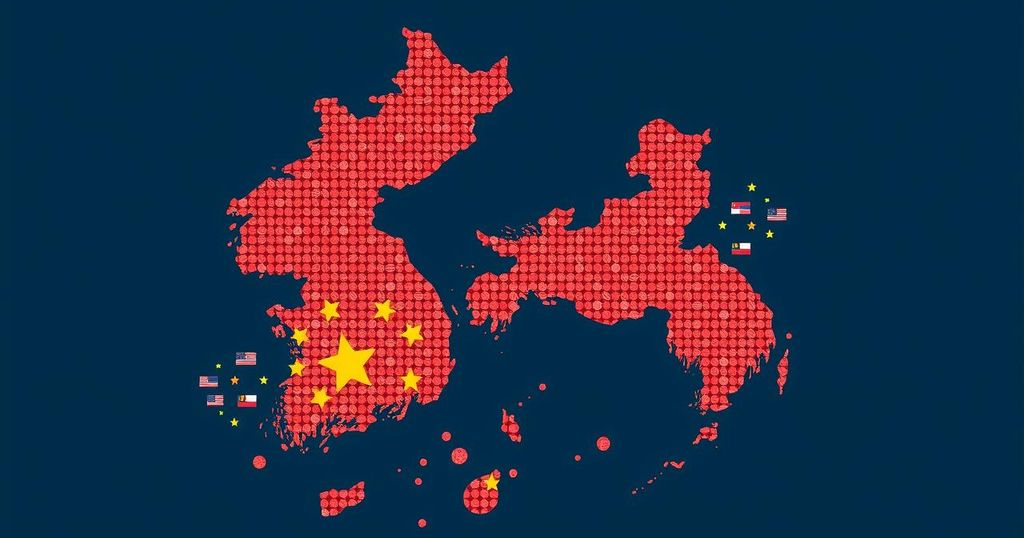Xi Jinping’s Warning: Beijing’s Diplomatic Challenges on the Korean Peninsula

Chinese President Xi Jinping’s recent warning about instability on the Korean peninsula highlights Beijing’s growing concerns regarding regional tensions, particularly related to North Korea’s nuclear activities and the military alliance among the U.S., Japan, and South Korea. This situation presents diplomatic challenges for China as it strives to maintain stability while managing its strategic interests.
In a recent address, Chinese President Xi Jinping expressed significant concerns regarding the instability on the Korean peninsula, indicating a pivotal shift in Beijing’s stance amid escalating geopolitical tensions. During a discussion with outgoing U.S. President Joe Biden at the Asia-Pacific Economic Cooperation (APEC) summit in Lima, Peru, Xi stated, “China does not allow conflict and turmoil to happen on the Korean peninsula. It will not sit idly by when its strategic security and core interests are under threat.” His statement reflects China’s unease over North Korea’s increasing nuclear aggressions and the broader implications they pose to regional stability, particularly with Trump’s potential return to U.S. leadership.
As tensions have intensified, China finds itself caught between its strategic alliances and its responsibilities to maintain regional peace. Observers note that Xi’s warning not only highlights these challenges but also underscores China’s role as a purported stabilizing force. South Korean scholar Lee Seong-hyon remarked that Xi’s admission of the threats posed by North Korea carries significant strategic implications for China’s national interests.
Moreover, Xi’s concerns extend beyond North Korea’s actions; they encompass the burgeoning military cooperation among the United States, Japan, and South Korea. China faces mounting pressure to curtail North Korea’s provocations, particularly as the country has increasingly collaborated with Russia in the context of the Ukraine conflict. Such dynamics compel China to navigate a complex geopolitical landscape while addressing criticisms regarding its ties with both North Korea and Russia. This situation showcases the delicate balance China must maintain between promoting stability in the region and managing its own geopolitical priorities.
The Korean Peninsula has long been a focal point of geopolitical tension, particularly due to North Korea’s nuclear ambitions and military provocations. As the international community, particularly the United States and its allies, respond to these threats, China’s role becomes increasingly critical. Beijing has traditionally positioned itself as a stabilizer in the region, navigating its historical alliances while addressing the strategic implications of its neighbors’ actions. The current dynamics further complicate China’s diplomatic efforts as they must also contend with external pressures from the West and the evolving geopolitical landscape.
In conclusion, President Xi Jinping’s recent warning regarding the volatile situation on the Korean peninsula reflects China’s heightened concerns over regional stability amidst increasing tensions and military alliances. His statements reveal the intricate balance China seeks to maintain between controlling potential conflicts and preserving its core interests in a changing geopolitical environment. As North Korea and its relationships with both Russia and the United States evolve, China’s diplomatic challenges are likely to compound, necessitating a strategic recalibration in its foreign policy efforts.
Original Source: www.scmp.com








